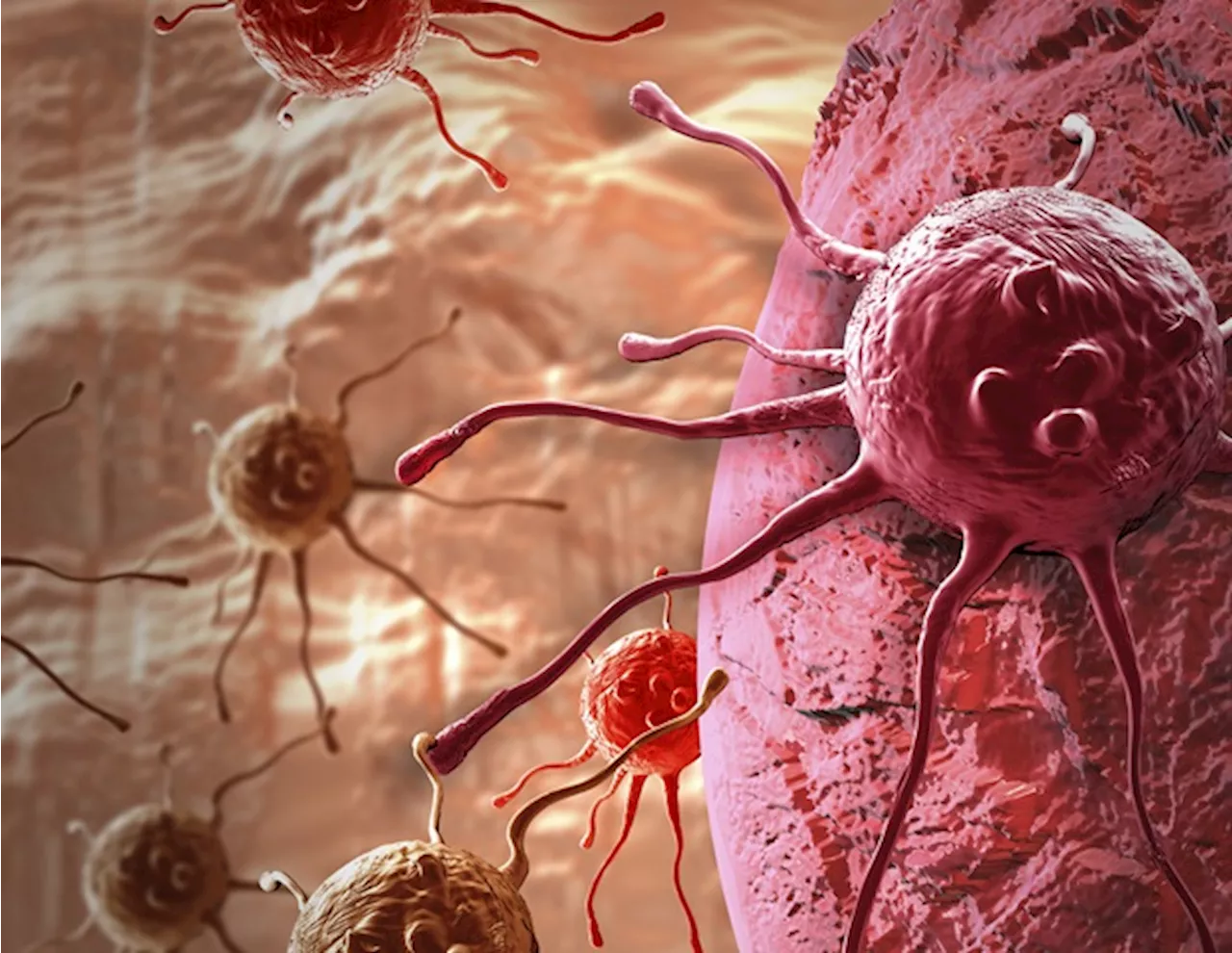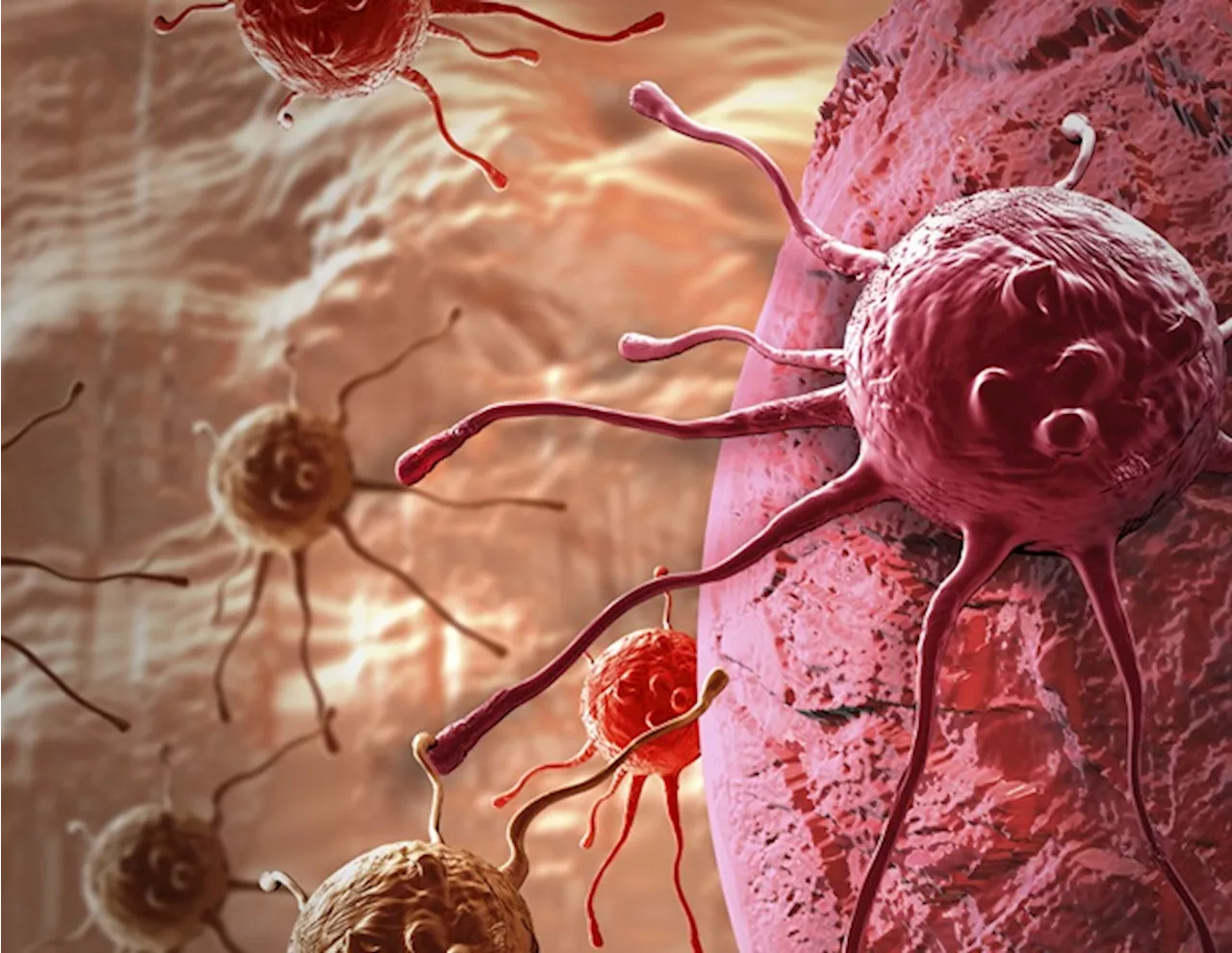A fungus discovered in the mouse stomach may hold a key to fungal evolution within the gastrointestinal tract, according to new research led by Weill Cornell Medicine investigators.
Weill Cornell Medicine Nov 27 2024 The finding suggests that preclinical studies until now have overlooked a major influencer of mouse physiology.
"For years we've been looking for a true fungal commensal in mice, but fungal populations in lab mice, as identified by analyzing fungal DNA, tend to be transient and vary greatly from colony to colony," said study senior author Dr.
"The presence or absence of this fungus should be taken into account in many types of mouse studies," said co-first author Dr. Yun Liao, a postdoctoral researcher in the Iliev laboratory. However, upon gastrointestinal mucus fluctuations caused by dietary changes or antibiotics, for example, the fungus becomes visible to the immune system by activating the production of a cytokine called IL-33. This cytokine, in turn, triggers what is known as a "type 2" immune response.
Stomach Cancer Cytokine Depression DNA Evolution Gastrointestinal Tract Immune Response Immunity Immunology Laboratory Medicine Mouse Model Physiology Preclinical Research Yeast
United Kingdom Latest News, United Kingdom Headlines
Similar News:You can also read news stories similar to this one that we have collected from other news sources.
 Weill Cornell Medicine teams receive funding from Starr Cancer ConsortiumThree teams led by Weill Cornell Medicine scientists have received awards from the Starr Cancer Consortium in its 17th and final annual grant competition.
Weill Cornell Medicine teams receive funding from Starr Cancer ConsortiumThree teams led by Weill Cornell Medicine scientists have received awards from the Starr Cancer Consortium in its 17th and final annual grant competition.
Read more »
 Weill Cornell Medicine professor receives major grant for pediatric pain management studyDr. Chani Traube, the Gerald M. Loughlin, MD Professor of Pediatrics at Weill Cornell Medicine, has been awarded a $3.
Weill Cornell Medicine professor receives major grant for pediatric pain management studyDr. Chani Traube, the Gerald M. Loughlin, MD Professor of Pediatrics at Weill Cornell Medicine, has been awarded a $3.
Read more »
 Virtual screening yields small molecules to enhance cancer immunotherapyThe process of identifying promising small molecule drug candidates that target cancer checkpoints may become faster and smarter through virtual screening, according to Weill Cornell Medicine researchers.
Virtual screening yields small molecules to enhance cancer immunotherapyThe process of identifying promising small molecule drug candidates that target cancer checkpoints may become faster and smarter through virtual screening, according to Weill Cornell Medicine researchers.
Read more »
 EZH2 enzyme drives aggressive tumor growth in treatment-resistant prostate cancerAn enzyme called EZH2 has an unexpected role in driving aggressive tumor growth in treatment-resistant prostate cancers, according to a new study by scientists at Weill Cornell Medicine.
EZH2 enzyme drives aggressive tumor growth in treatment-resistant prostate cancerAn enzyme called EZH2 has an unexpected role in driving aggressive tumor growth in treatment-resistant prostate cancers, according to a new study by scientists at Weill Cornell Medicine.
Read more »
 Study reveals how brainstem neurons control eye movementsWorking with week-old zebrafish larva, researchers at Weill Cornell Medicine and colleagues decoded how the connections formed by a network of neurons in the brainstem guide the fishes' gaze.
Study reveals how brainstem neurons control eye movementsWorking with week-old zebrafish larva, researchers at Weill Cornell Medicine and colleagues decoded how the connections formed by a network of neurons in the brainstem guide the fishes' gaze.
Read more »
 Study reveals the secret to cellular youth may lie in nucleolus sizeThe secret to cellular youth may depend on keeping the nucleolus—a condensed structure inside the nucleus of a cell—small, according to Weill Cornell Medicine investigators.
Study reveals the secret to cellular youth may lie in nucleolus sizeThe secret to cellular youth may depend on keeping the nucleolus—a condensed structure inside the nucleus of a cell—small, according to Weill Cornell Medicine investigators.
Read more »
